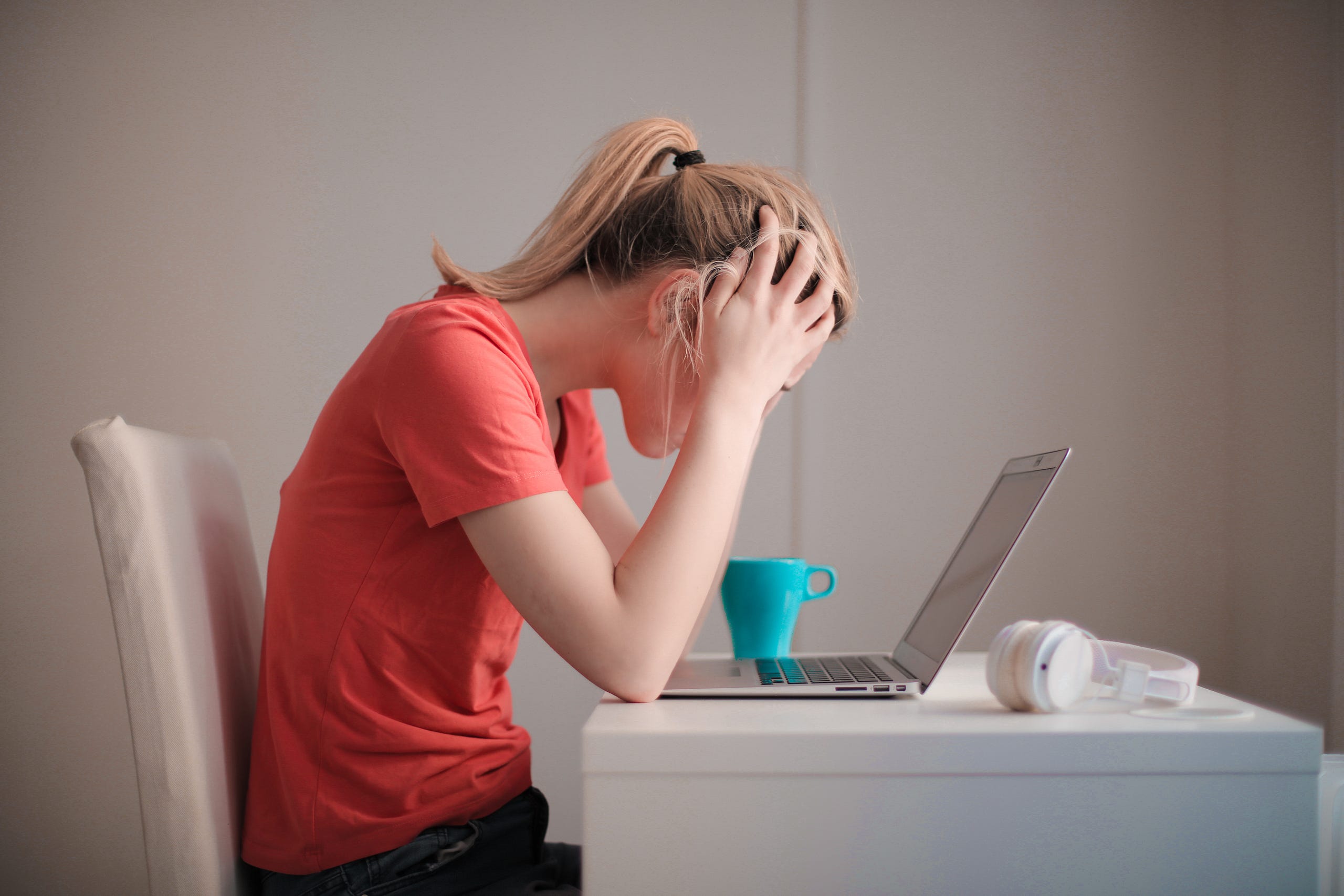The Hard Truth About Anxiety In The Time of Corona

We promise this will not be yet another article telling you to be productive during this pandemic. Nor will be it be an article telling you to take it easy. We have had enough of those emails, posts, and tweets. The real truth is, self-isolating is hard for every single person. Humans are social creatures and we crave connection. It has also triggered feelings of anxiety for many of us. That being said, each person will have a different experience with this new world. I can speak from my point of view but that doesn’t mean everything I will say here will apply to you. Nevertheless, sharing our experiences can help others feel less alone and I, therefore, feel obliged to share mine along with how I am coping. Full disclosure I have battled mental health issues for a good part of my life and they do color my experiences. If you are looking for some concrete ideas of how to cope check out suggestions from the Think Dirty team: myself, Shanen, and Nina!
It is a difficult concept to wrap our heads around, that each day we are waking up and not knowing what the day will look like, let alone the week. If you suffer from Anxiety, this uneasiness is experienced tenfold. You likely already spend a good chunk of time thinking about the future even when everything is business as usual. It is difficult to break that thought pattern when nothing feels normal. Honestly, things are not normal and that is terrifying. The best thing you can do is try and keep a routine. I am sure you have heard this from your therapist, well-meaning friend, a blog post, or a preaching tweet. This is often the point where people like me stop listening because I am anticipating the person telling me to workout or meditate every day. My recommendation is not that (unless you want it to be). The truth is that the benefit of having a routine, whatever it may be, is knowing at least 5 things that are going to happen in the day. It can be any 5 tiny actions that you can control. Brushing your teeth, eating a meal (even if it comes out of a box), getting dressed. You can choose whatever feels manageable to you, as long as you stick to it. Find your normal in a sea of uncertainty.
Now, we are not mental health experts, but we are experts at caring about people and their health. We care about you. This is going to get a little therapy-like but stick with me!
As I said above, thought patterns are hard to break. They are cycles that go on infinitely and when you get into a bad one you can get pulled deeper and deeper. That is why, the most common therapeutic treatment for Anxiety is something called Cognitive Behavioural Therapy (CBT) and you don’t have to have Anxiety to use it. This technique involves breaking thought cycles before they lead to negative feelings and, ultimately, negative or dangerous behaviours. Now, that is easier said than done. Generally for CBT to become effective, a person has to spend a minimum of 8 therapy sessions working on this technique. You can, however, try to work on those skills on your own. There are tons of free worksheets that you can use. Essentially the process works like this (actually me today).
- You have a thought: “Self-isolation is going to go on forever”
- This thought leads to a feeling: i.e. panicked
- This feeling leads to a behavior: obsessively checking the news
- This behaviour reinforces the thought: “The news says they don’t know when this will end”

This cycle will continue onward until you have reached a state of full panic and potentially use an unhealthy coping mechanism.
CBT focuses on breaking the cycle at the Thought Stage. When the thought occurs to you, there are several methods you can use to stop it right there. My favorite is rational thinking, I try to create a rational argument in my head as to why that thought is not true or is exaggerated. For the example above I have been telling myself that nothing has ever gone on forever. This, however, may not always work, which is why you need strategies for when you do end up in a negative cycle. These, again, will vary person to person so try to find a healthy behaviour to replace your usual unhealthy ones. For example, instead of shutting down and hiding in bed, you can try reaching out to a friend or journaling (I like this app).
The hard truth is that there is no right answer for how to deal with this. There is no one truth that will make this feel ok. The important thing to remember, however, is that whatever you are feeling in this moment, there is someone else in the world feeling the exact same way. We are all doing our best to survive this. Your experience may be different, or more difficult, than someone else’s but that doesn’t mean you can’t get through it. Care for yourself and care for those in your life because you never know what someone is dealing with. Lastly, be kind to one another and do what is right for you.

